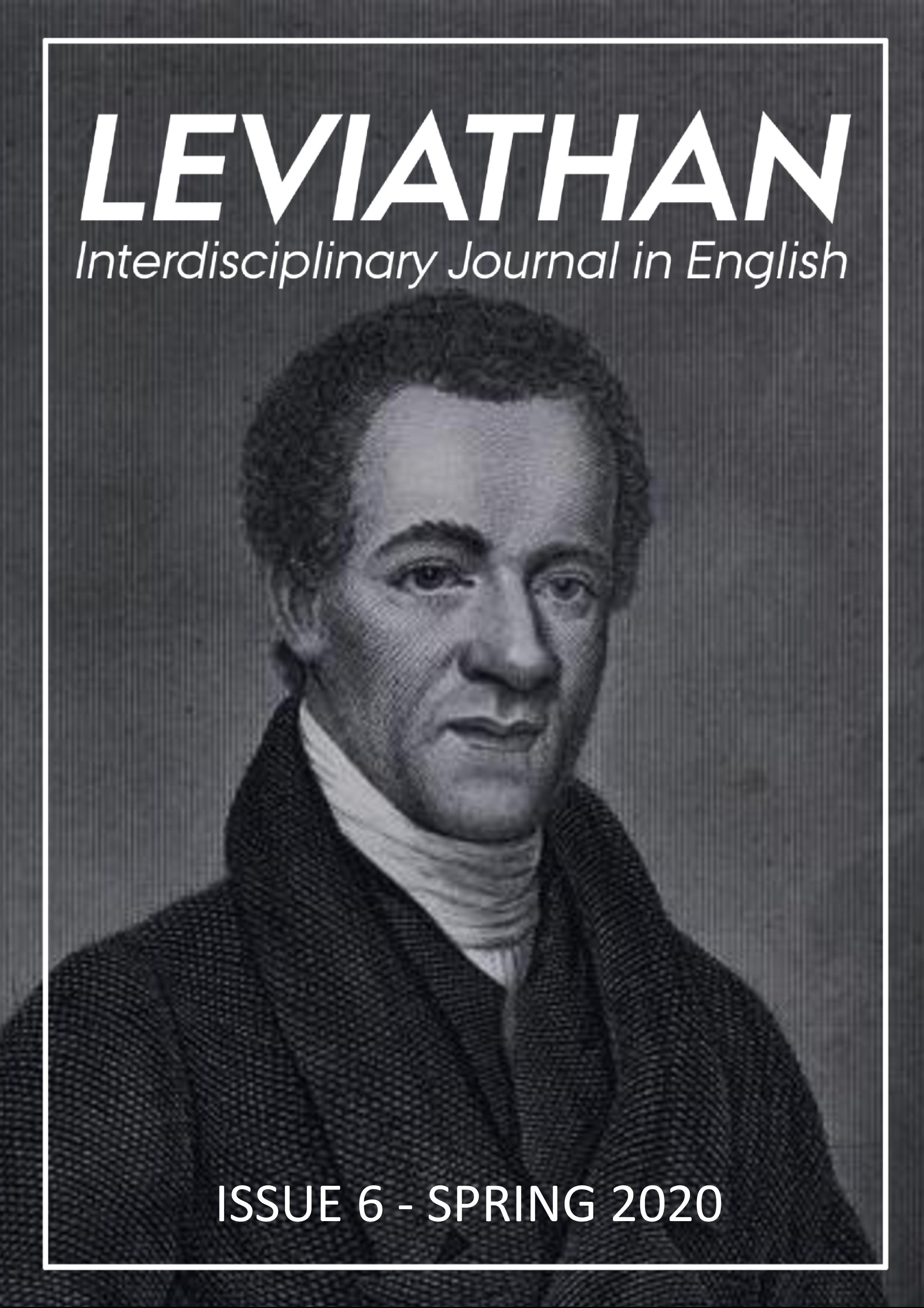What Is It Like to Be a Bête
Anthropomorphism, Unknowability and Readers’ Empathy in Adam Roberts’ Animal Kingdom
DOI:
https://doi.org/10.7146/lev.v0i6.118860Keywords:
Bête, Adam Roberts, anthropomorphism, empathy, unknowability, Current Topics in Literature in EnglishAbstract
In Adam Roberts’ futuristic novel Bête (2014), animals have been given the ability to speak through an implanted small and seemingly insignificant brain chip. This article examines Roberts’ novel through the scope of anthropomorphism and readers’ empathy, as this particular combination is significant for understanding the novel. The analysis starts by characterizing Graham with emphasis on character development. Hereafter, I examine the complicated way in which Bête deals with anthropomorphism. In the discussion, I bring into question the topic of readers’ empathy and examine how this relates to anthropomorphism. Through aspects of hierarchy, oppression, unappealing characters, consciousness, tragicomedy and contemporary political topics, the subjects of anthropomorphism and empathy become highly obscured in Bête. These aspects come to illustrate that man and animal are not that different and that readers’ empathy does not depend on any particular species or character trait.
Downloads
Published
How to Cite
Issue
Section
License
Attribution-NonCommercial-NoDerivatives 4.0 International (CC BY-NC-ND 4.0)
You are free to share (copy and redistribute the material in any medium or format).
However:
You may not use the material for commercial purposes.
You must give appropriate credit, provide a link to the license, and indicate if changes were made. You may do so in any reasonable manner, but not in any way that suggests the licensor endorses you or your use.
If you remix, transform, or build upon the material, you may not distribute the modified material.
You may not apply legal terms or technological measures that legally restrict others from doing anything the license permits.





